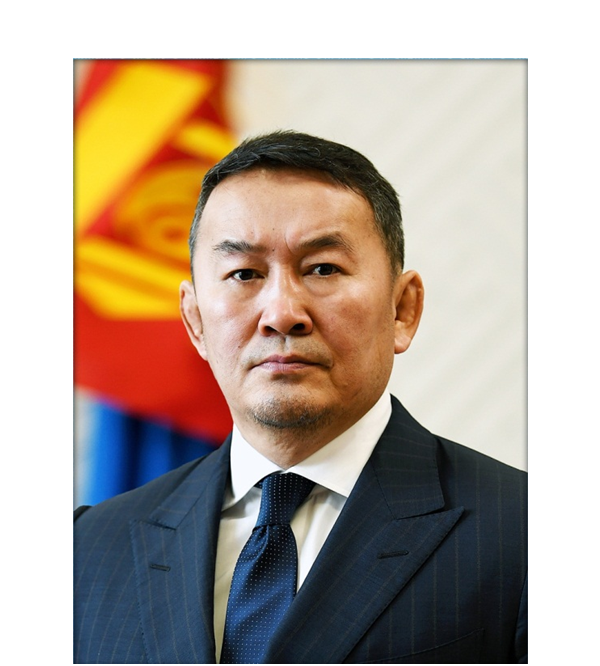PRESS RELEASE ON THE THIRD NEIGHBOR TRADE ACT LEGISLATIVE BILL
July 30, 2018
President Battulga Khaltmaa expresses full support and gratitude to the sponsors of the bipartisan H.R.6636, the Mongolia Third Neighbor Trade Act, which was introduced for consideration in the U.S. House of Representatives. Rep. Ted Yoho (R-FL-3), Rep. Dina Titus (D-NV-1), Rep. Don Young (R-AK-At Large), Rep. Mark Meadows (R-NC-11), Rep. Brian K. Fitzpatrick (R-PA-8), Rep. Elise M. Stefanik (R-NY-21), Rep. Jared Polis (D-CO-2), Rep. David E. Price (D-NC-4), Rep. William R. Keating (D-MA-9), and Rep. Dwight Evans D-PA-2) represent a broad political spectrum of support for Mongolia. Hopefully, the House and Senate will vote and approve this legislation.
Mongolia has consistently adhered to the principles of equality and mutual respect of interests in its foreign policy. This legislative bill is an important milestone to further strengthen Mongolia-U.S. alliance and demonstrates our bilateral cooperation that strengthens the economic security and democracy of Mongolia.
Last year, Mongolia celebrated 30 years of diplomatic relations with the United States. Our land is bordered by Russia and China, yet Mongolia refers to the United States as its “third neighbor.”
Total Mongolia-U.S. trade in 2012 measured a record $707 million, but in 2017 Mongolia exported only $9.4 million, while importing just $82.2 million in goods from the United States. There is much room for growth for both U.S. imports and Mongolian exports.
Mongolia has supported the U.S. efforts in Iraq and Afghanistan since 2003. This underlines our deep commitment to democracy, rule of law, human rights, and a robust free market economy.
Cashmere, fine wool obtained from cashmere goats, industry is essential to Mongolia’s economy. Over a third of the population of Mongolia works in the animal husbandry sector, and cashmere provides income and employment for the majority of these people. Agricultural products are Mongolia’s second largest export after the mining sector, and cashmere products constitute the biggest share in the agricultural exports.
In 2017, only 1,100 tons out of total of 9,400 tons raw cashmere, which is almost 50% of world cashmere, is processed within the country while the rest of 8,300 tons is exported mainly to China in raw form without adding value. The United States buys nearly all of its cashmere products from China. Duty free treatment of Mongolian cashmere and other textile garments exports to the United States would facilitate increased trade with the U.S. and reduced Mongolian export dependence on one country and single sector of mining. This would allow Mongolia to diversify its trade and ensure its sustainable economic growth.
The development of Mongolia’s garment industry would also promote women’s employment and empowerment. Women have historically participated in Mongolia’s garment industry at high rates, and the garment industry has historically provided safe and stable employment for women in Mongolia.


